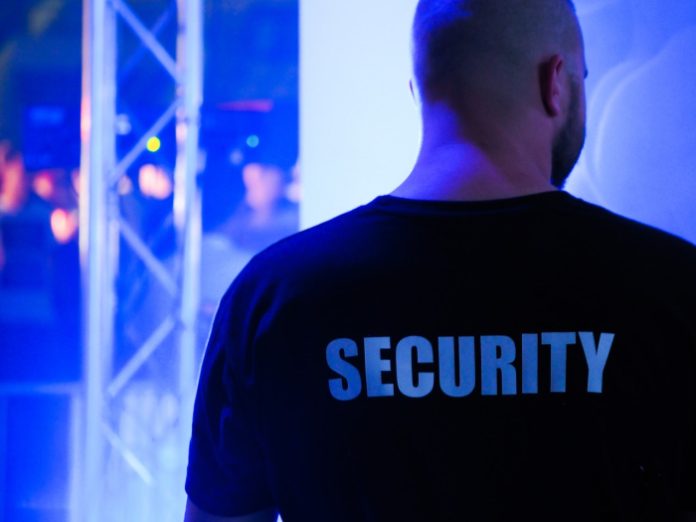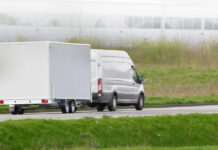Security workers are among the most important people on a worksite. Not only do they protect workers and equipment, but they also ensure that everyone is following safety protocols.
In order to help keep their workplace safe, these professionals have key obligations to carry out. Of course, security jobs vary greatly in terms of responsibilities, but there are some common duties that all security workers share. In this article, we take a closer look at seven of their most important responsibilities.
1. Maintaining a Visible Presence
One of the most vital responsibilities of security workers is maintaining a visible presence. This is especially important in areas where there is a lot of foot traffic or where sensitive equipment is located. By having a security worker present, it will deter potential thieves or vandals from acting.
It also serves as a reminder to everyone on the premises that they need to be following safety protocols.
2. Monitoring Activity
Another key responsibility of security workers is monitoring activity. This involves keeping an eye out for anything that seems out of the ordinary.
For example, if a security worker notices someone loitering in an area where the person doesn’t belong, they will investigate further. This also includes monitoring security cameras and keeping track of who are coming and going from the premises.
3. Responding to Emergencies
Security workers are also responsible for responding to emergencies. This involves anything from a fire to a medical emergency.
In the event of an emergency, security workers need to stay calm and take charge. They also need to know the proper procedures for evacuating the premises and keeping everyone safe.
4. Enforcing Rules and Regulations
Another important responsibility of security workers is enforcing rules and regulations. This includes ensuring that everyone on the premises is following safety protocols.
For example, security workers may need to remind people to wear their safety gear or to stay within designated areas. If someone is not following the rules, they have the authority to take action. This involves anything from issuing a warning to escorting someone off the premises.
5. Providing Customer Service
In some cases, security workers may also be responsible for providing customer service. This is especially common in retail settings where they may be tasked with answering questions or directing people to specific areas.
Security workers should always be professional and polite when dealing with customers.
6. Writing Reports
Another key responsibility of security workers is writing reports. This includes documenting any incidents that occur on the premises.
For example, if a security worker catches someone vandalizing property, he/she needs to write a report detailing what happened. Reports are important, because they help to identify patterns and trends.
7. Updating Security Systems
Finally, security workers are also responsible for updating security systems. This includes ensuring that all security cameras and alarm systems are in working order.
It also involves keeping track of new security threats and making sure that the premises are always up-to-date with the latest safety measures.
Make Our World a Better Place with the Help of Security Workers
Security officers are often the first and last line of defense for businesses, organizations, and individuals. It is up to security personnel to maintain high levels of vigilance at all times while on duty.
By following the seven principles outlined in this article, security workers can better protect those around them while fulfilling their vital roles in society.
Find a Home-Based Business to Start-Up >>> Hundreds of Business Listings.
















































